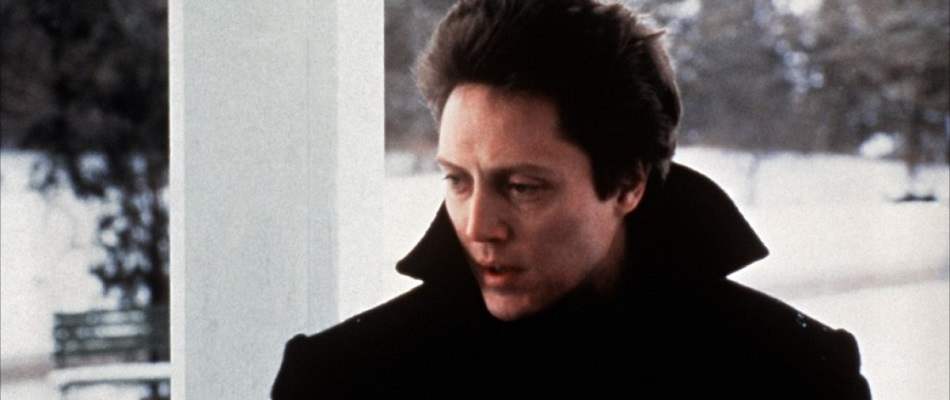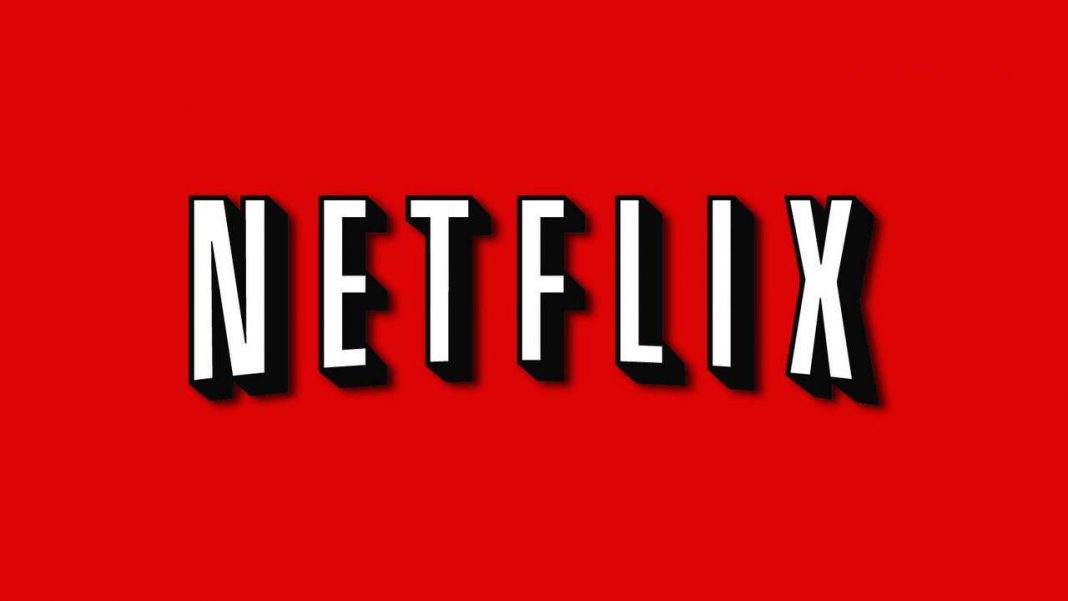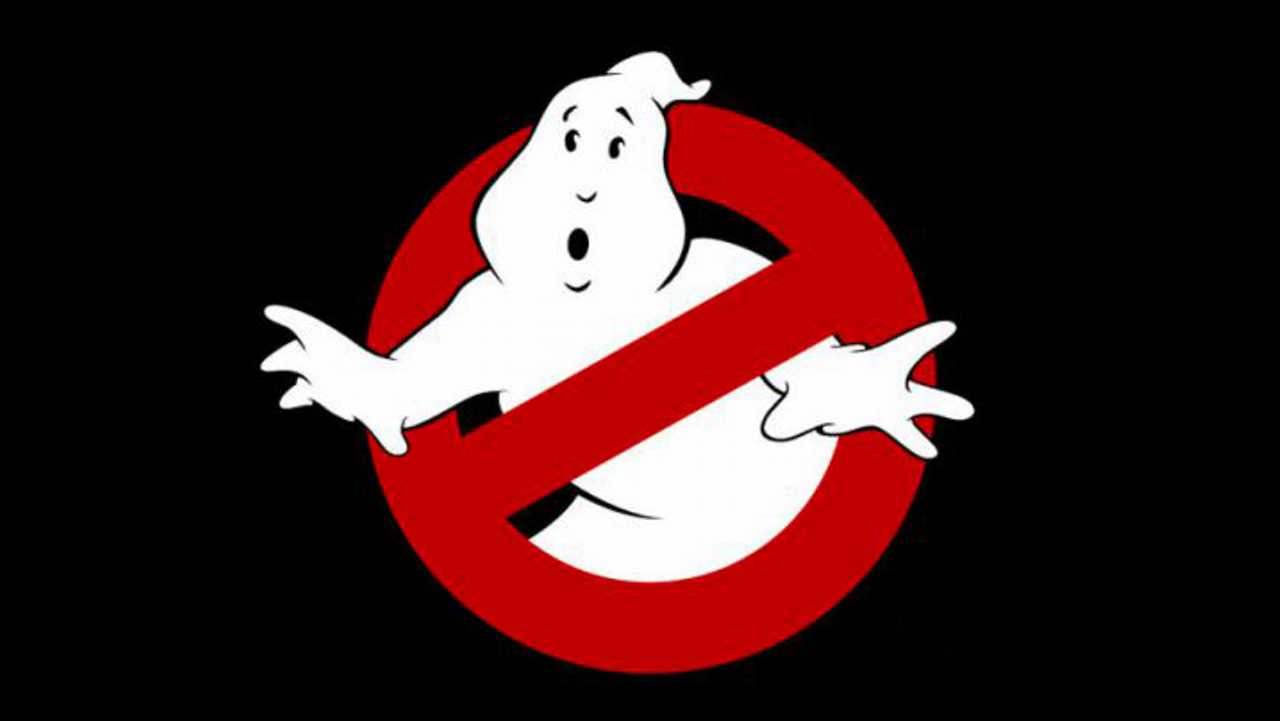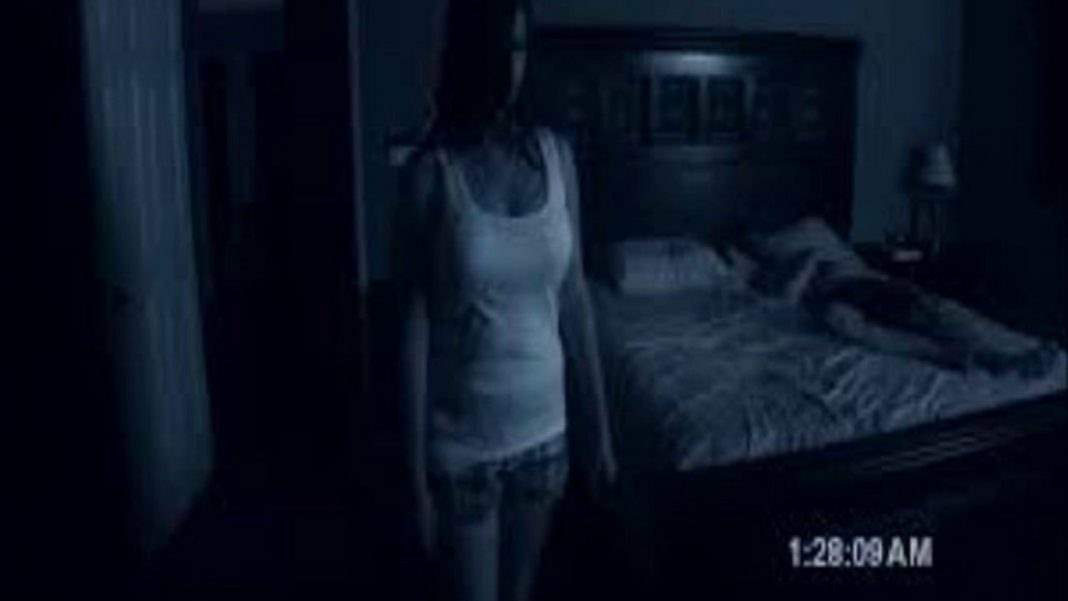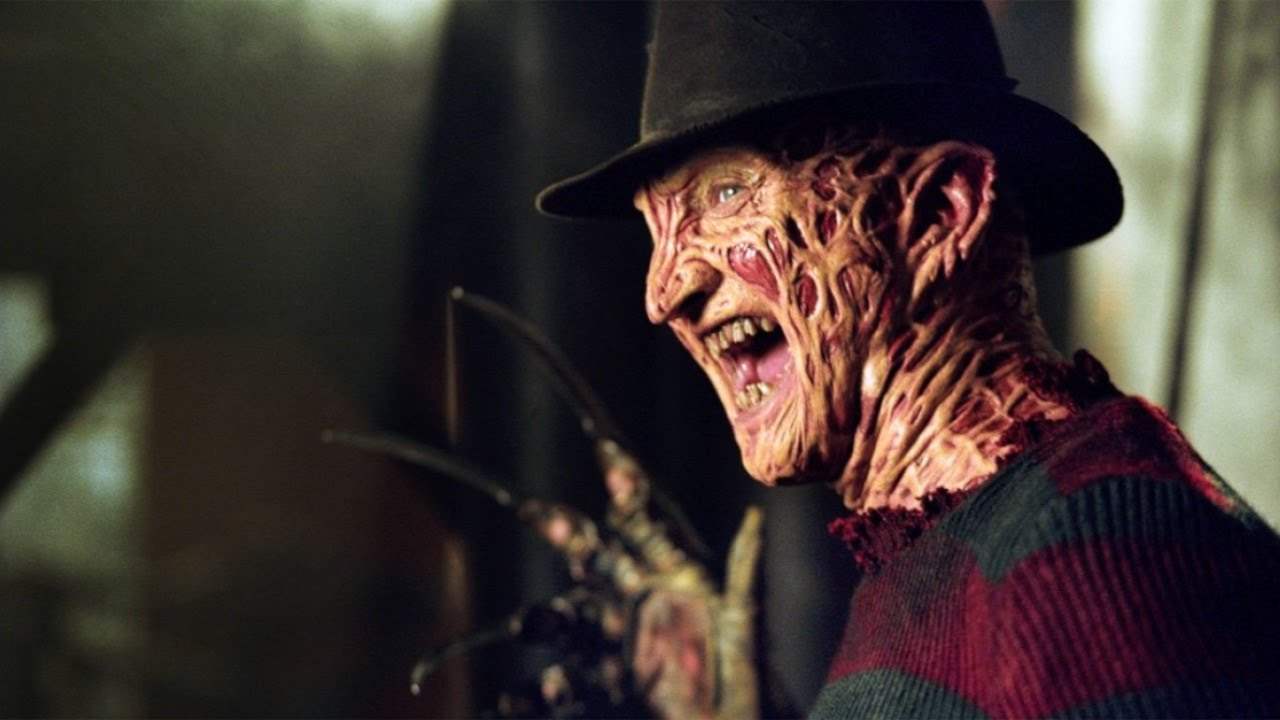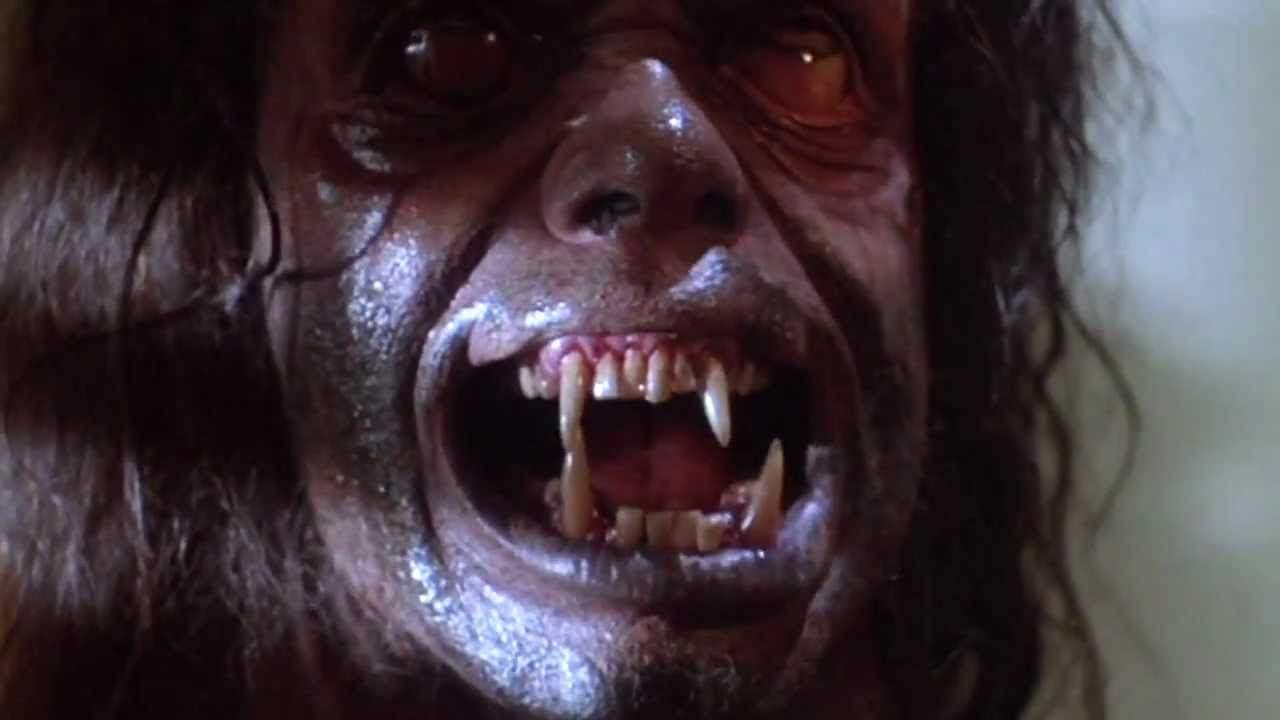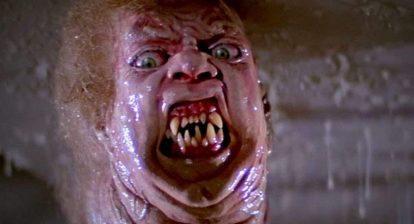The Dead Zone was made just as Stephen King adaptations were starting to become pretty hit or miss. People weren’t necessarily expecting each new movie taken from the author’s work to be a masterpiece. And while it’s always good to give a project the benefit of the doubt, readers of the novel and horror fans in general had a right to scratch their heads when the film version of The Dead Zone began to come together.
Even though David Cronenberg was on fire in the early 1980’s, The Dead Zone was a very surprising film for him. The director has even admitted such. There is no body horror element to the novel, no urban setting, and the only aspects of the story that have any relation to his prior features could easily have felt much too similar to Scanners.
Then you have the casting of Christopher Walken, who has become known almost primarily for playing bizarre, larger than life characters. And while he may have some strange circumstances, Johnny is about as normal a guy as they come. He’s a small town Maine school teacher. Yet this is a very layered character as well. Johnny comes to understand the responsibility attached to his power in a very big way, yet he’s never grateful or thankful for the ability. The coma he falls into and the phenomena that attaches itself to him afterward are both things that completely ruined his life and force him to live like a hermit. Walken was not the actor who immediately popped into anyone’s head when they thought about casting while reading the book, but sometimes those can be the best choices of all.
Stephen King Adaptations that Didn’t Quite Work
Even Herbert Lom, who was a constant—and excellent—villain of the Hammer era, is cast against type as one of the most sympathetic characters in the movie. He serves not only as Johnny’s doctor, but his mentor. He guides him through some major decisions leading, ultimately, to the philosophical debate at the core of the novel: Could an assassination ever be justified?If The Dead Zone was a surprising hit from anyone in particular, though, it was Stephen King. He had a number of excellent horror novels under his belt by this point, but this one was very different from all of them. Instead of an ensemble cast, the entire book is very specifically focused in on one character. It’s not as much of a horror novel as his previous books, but the horror elements are there. Still, the horror feels different, of a much more emotional sort than the others. And then there’s the fact that King himself claims to hate plot. His books feel natural and they have a progression, but they’re not necessarily plotted books, which is almost always a good thing for horror.
But the mystery elements of The Dead Zone and the way it all comes together needed to be balanced in a very specific way. That’s why it’s so surprising to consider that this is probably Stephen King’s most tightly plotted novel. That translates very well into the screenplay. It’s a faithful adaptation that, like the best of them, suffers only from the fact that it can only include so much to fit the limits of a feature film.
The question posed by The Dead Zone is a deeply unsettling one. It seems almost strange to suggest excellent plotting in Dead Zone because the true antagonist isn’t revealed until over halfway through the film. But from a character standpoint, there were things that Johnny needed to go through to get him to that point. He needed to solve the Frank Dodd murder to show that he really could make a difference. And he needed to truly lose everything to set him up for his own inevitable end. When politician Greg Stillson finally comes into the picture, you realize that this was the threat that both the movie and the novel had been building to right from the very beginning.
This man not only has the potential to end the world, he is going to end the world. If Johnny had had any fewer visions throughout the movie, we might have questioned that possibility. But his discovery of what Stillson is going to do comes right after his revelation that he can change the future, the things he sees are not set in stone. It brings everything back around to the ultimate point: Is assassination ever justified? It’s an impossible moral question. But Johnny’s discussion with Sam as he mulls the idea over, in which they talk about Hitler, is one of my favorite conversations in any film.
Ultimately, Stillson doesn’t need to be assassinated to prevent the world from ending. He only needs to be humiliated. Which I think would be pretty accurate in a realistic setting and is still relevant because the political landscape has barely changed at all since this was written. Especially now, when no humiliation can be swept under the rug because everything goes viral, and once it’s out there, there’s no getting it back.
The Dead Zone has a lot of big ideas and does ultimately come down to deciding the fate of the human race, yet in many ways it’s the smallest feature from both Cronenberg and King. It’s intimate. As much as the science fiction and supernatural elements come into play, it’s a character piece about one guy. Just one guy trying and ultimately failing to adjust to a world that has moved on without him.
